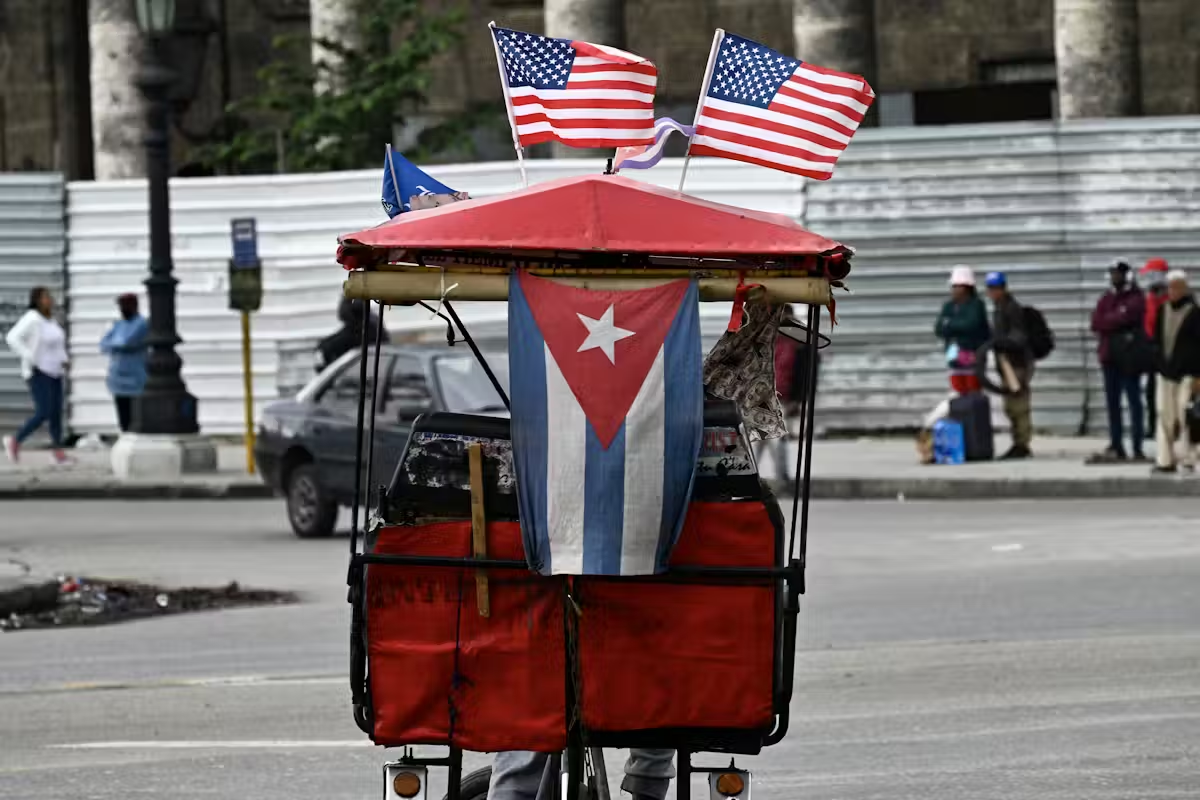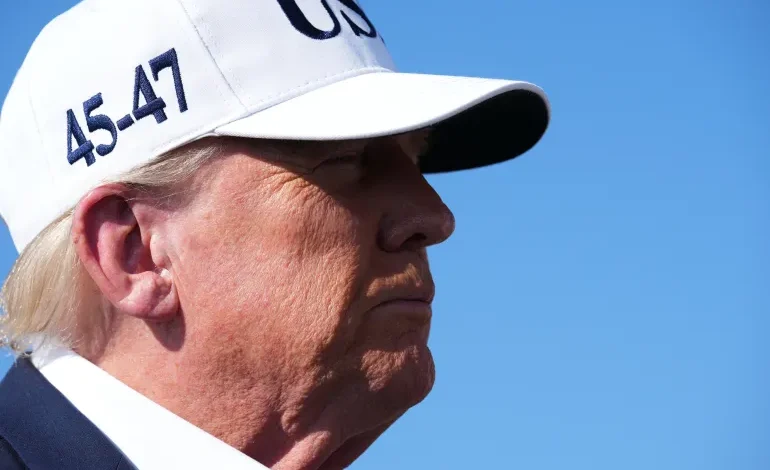During a White House cabinet meeting, President Donald Trump announced plans to impose a 50% tariff on copper imports, aiming to strengthen domestic production of a key industrial metal.
The announcement—made without specifying an effective date—triggered an immediate response in financial markets. U.S. copper futures surged by over 12%, reaching record price levels, and shares of major mining companies experienced notable gains. Hector Rodriguez, an executive at a leading mining firm, described the announcement as “a game-changer for American producers.”
Commerce Secretary Howard Lutnick later confirmed that the tariff could take effect as early as late July or August 1, pending formal documentation and a Section 232 investigation.
Copper plays a critical role in electric vehicle batteries, renewable energy infrastructure, telecommunications, and military hardware. By targeting imports, the administration seeks to reduce reliance on foreign supply chains and encourage investment in U.S. mining operations.
Analysts warn that higher copper prices could have ripple effects across other sectors, increasing costs for consumers and industries. Still, proponents argue such protectionist measures are necessary to safeguard national supply chains and stimulate domestic growth.
With input from Al Jazeera










The latest news in your social feeds
Subscribe to our social media platforms to stay tuned